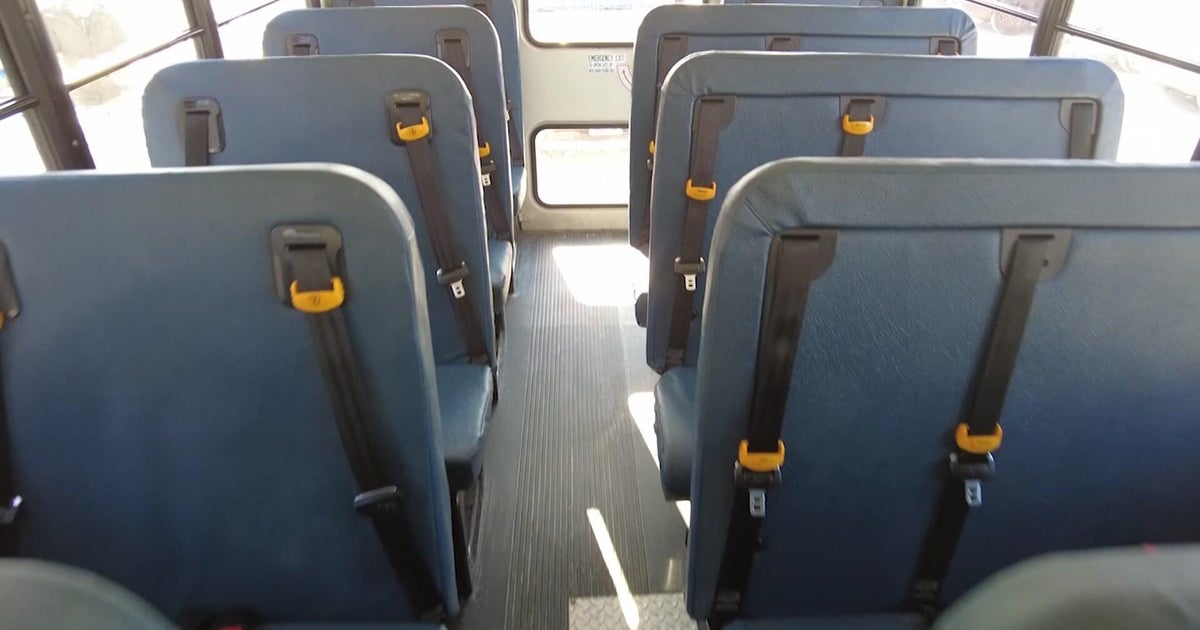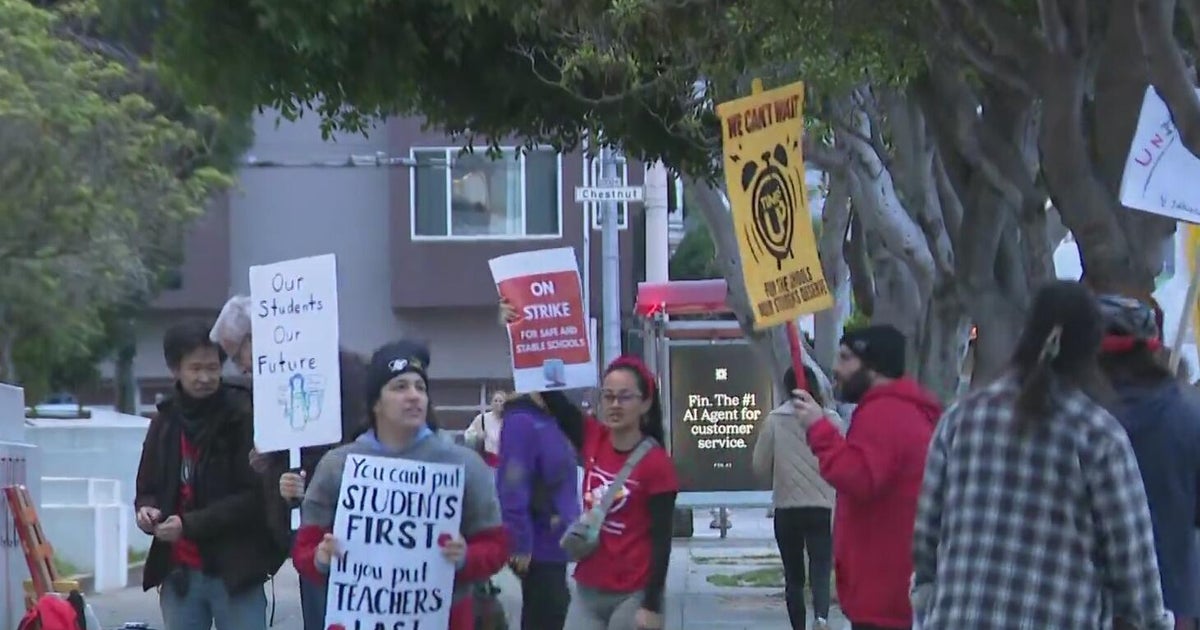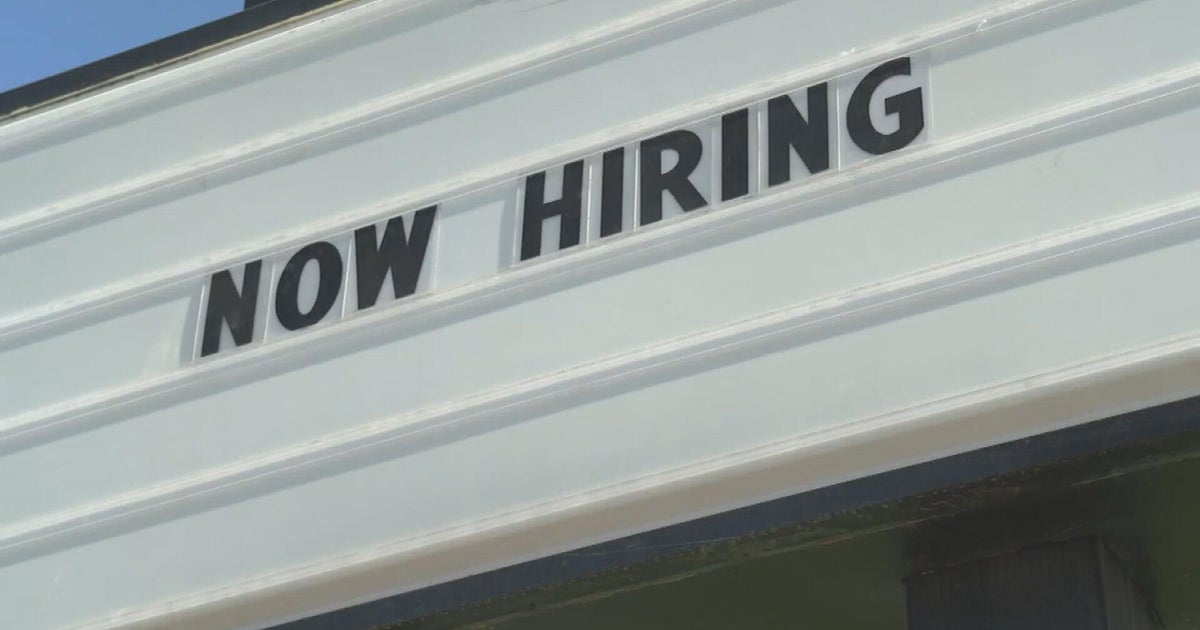Minimum Wage Among New MN Laws Going Into Effect
MINNEAPOLIS (WCCO) -- The beginning of August means there are a bunch of new laws going into effect in the state, including one that raises the minimum wage.
Most of these new laws were passed by the Minnesota Legislature earlier this year, except for the minimum wage increase, which is the final step of a three-year increase adopted in 2014.
"In 2014, I worked with the Legislature to raise the minimum wage in Minnesota. This year, that law takes full effect, improving the lives of more than 287,000 Minnesotans and their families," Gov. Mark Dayton said in a statement. "All Minnesotans who work full time should earn enough to lift their families out of poverty and lead full lives."
Beginning Monday, minimum wage workers will get a 50-cent pay raise. Workers at large companies will go from $9 an hour to $9.50. For workers at smaller companies, they will go from $7.25 to $7.75 an hour. The change affects more than 200,000 Minnesota hourly wage workers.
This applies for all workers, whether full or part time; and employers can't reduce wages if workers get tips.
Starting in 2018, the minimum wage will increase annually based upon inflation. As of Monday, Minnesota currently has one of the highest minimum wages in the country.
Jax Cafe in Northeast Minneapolis is a Twin Cities institution, but most Mondays it's now closed as a direct result of the increased minimum wage law, according to owner Bill Kozlak.
"We chose to close on Mondays -- other than the month of December and for private parties -- to try and have as little overtime as possible," he said.
Kozlak stressed that he is not opposed to minimum wage hikes for his non-tipped employees, but he says the fact that the law signed by Gov. Dayton in 2014 includes minimum wage increases for his tipped servers and bartenders has forced him to raise prices.
"Some restaurants can have counter service and eliminate that tipped employee that's a server, but that is not what we are all about," he said.
Joe Vokracka, who works at a Dinkytown bike shop and has worked minimum wage jobs all his life, sees it differently.
"It's still not great," he said. "I remember back when it was five-something, and even now it's felt like it's not a big jump from where it has been."
Vokracka said he's gotten several raises in the year he's worked at the shop, and now makes more than $10 an hour, but he still struggles to make ends meet.
"If I work seven days a week, 80-plus hours, then it gets close," he said.
Because Minnesota's unemployment rate is one of the lowest in the country, many businesses are already paying hourly workers more than the new higher minimum wage.
Supporters of these wage hikes argue they have boosted the Minnesota economy, while critics say Minnesota's economic surge has happened despite the hikes and not because of them.
There are other laws going into effect as well:
- One allows people to leave control of social media accounts and other digital assets in their wills.
- Newlyweds will no longer have to wait five days to get their marriage license.
- Some drug offenders may get lighter sentences to try to reduce overcrowding in state prisons.
Legislative leaders are considering holding a special session in the middle of this month. They still have big ticket items to deal with, such as tax relief and construction projects.
The big question is where they would hold it. The capitol is under construction and other buildings they've used in the past are not available.







